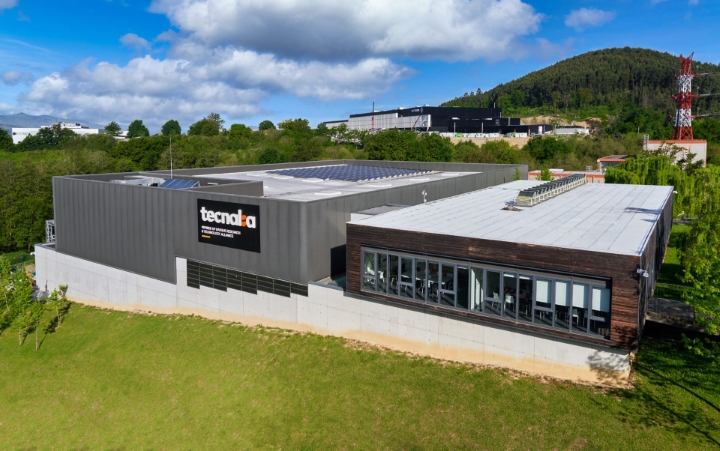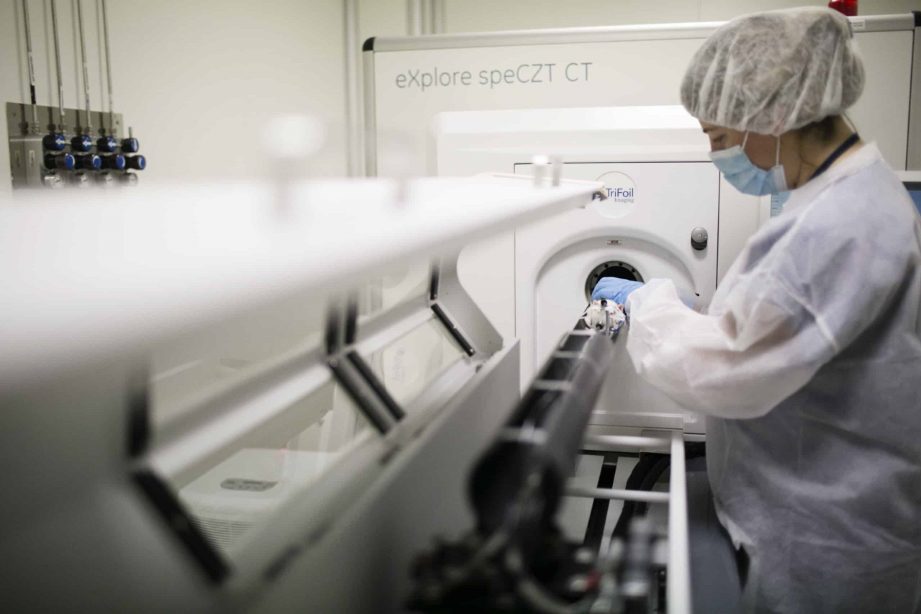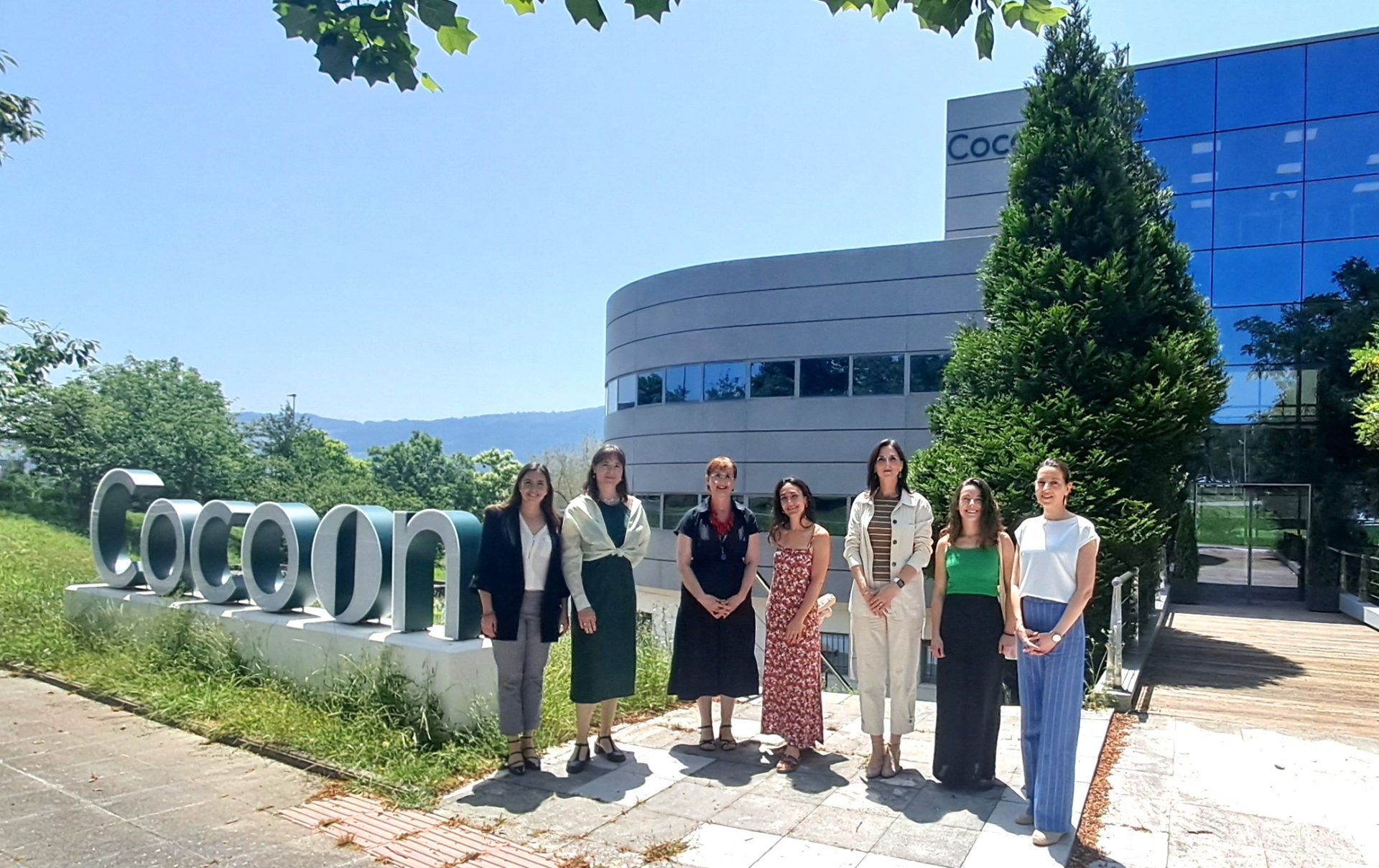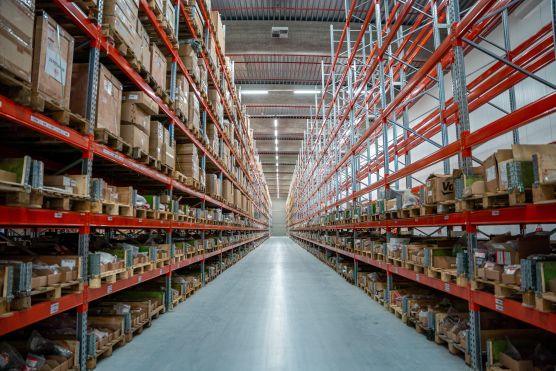TECNALIA to be carbon neutral by 2030

The research and technological development centre has a Decarbonisation Strategy and Plan based on improving energy efficiency, the intelligent use of resources and the implementation of sustainable energy systems, which involves everything from its processes and services, to its infrastructures and facilities and the commitment of its team and suppliers, among other things.
Thanks to this commitment, TECNALIA will be neutral in direct emissions by 2024 and by 2030 it will be neutral in the entire supply chain.
TECNALIA is also developing and implementing innovation projects in companies to help them identify and develop the R&D&I necessary to reduce their carbon footprint, such as, for example, in Mercedes Benz-Vitoria or ITP Aero.
 The research and technological development centre TECNALIA has been working for more than 25 years helping companies to reduce their Carbon Footprint. It is now going one step further in this mission, and is launching its own Decarbonisation Strategy, which will enable it to make its direct activity carbon neutral by 2024 and extend it to its supply chain by 2030.
The research and technological development centre TECNALIA has been working for more than 25 years helping companies to reduce their Carbon Footprint. It is now going one step further in this mission, and is launching its own Decarbonisation Strategy, which will enable it to make its direct activity carbon neutral by 2024 and extend it to its supply chain by 2030.
In the words of Agustín Sáenz, Director of Markets, Strategy and Technology at TECNALIA, this is “an exercise in co-responsibility and exemplary by anticipating the ambition towards climate neutrality two decades before the time horizon set by the European Union to 2050. Our objective is to be the ideal technological partner for the business network and an agent for improving the quality of life of people and society in general through technology and, in the current context, our work is more relevant than ever. We must, therefore, be drivers of a decarbonisation strategy that favours a low-carbon economy and helps us to secure a future”.
This Decarbonisation Strategy is based on a Roadmap that considers the entire decarbonisation process, from the automated calculation of emissions through the digitalisation of this process, the establishment of reduction targets based on science, the improvement of energy efficiency, the intelligent use of resources and the implementation of sustainable energy systems, which involves everything from its processes, to its facilities and the relationship with its team and suppliers. Thus, it has an Environmental Management System with defined processes to control, prevent and minimise the impact of climate change.
Furthermore, with a triple economic, social and environmental impact, this roadmap will allow TECNALIA to continue accompanying companies and organisations in their own decarbonisation processes with a proven methodology and innovative technological solutions.
Actions for decarbonisation
This Plan is structured on the basis of three measures, in accordance with the system established by the Greenhouse Gas Protocol: firstly, to achieve neutrality in the emissions generated by the centre’s activity, through the electrification of the fleet (39% of cars are electric and 61% are hybrid), an internal and external low-emission Mobility Plan, the renovation of energy-consuming facilities and the implementation of new plans to improve energy efficiency and reduce emissions levels; secondly, to neutralise the emissions generated by the use of energy, with the purchase of renewable energy; and thirdly, to mitigate the emissions generated by the value chain with which TECNALIA collaborates, with a more sustainable purchasing policy.
Thanks to the measures incorporated, TECNALIA has reduced emissions in the first scope by 37% since 2019 (European Union reference year for measurements), and in the second, since January 2022 it has been neutral, as all the electricity consumed is of renewable origin. This means that, with a team of more than 1,500 people, distributed in 12 buildings, TECNALIA has managed to reduce its CO2 emissions by 2,000 tonnes by 2021, which is equivalent to 2,750 round trips between Donosti-Brussels by car.
Initiatives with companies
After its start-up at the centre itself, TECNALIA is implementing this pioneering experience in companies through innovation projects that help them to identify and develop the R&D&I necessary to reduce their carbon footprint. “We assume our share of responsibility in the decarbonisation of the country. We are pioneers in this area, and we are developing technology to support other industries in doing the same”, explains José Luis Elejalde, Director of Energy, Climate and Urban Transition at TECNALIA.
These are comprehensive projects ranging from the automated calculation of the Carbon Footprint, the establishment of emission reduction targets, as well as the development and implementation of technological solutions to achieve more efficient and sustainable processes.
Thus, accompanying Mercedes-Benz Vitoria, they have carried out a diagnosis of emissions, developed scenarios for decarbonisation with the most innovative and emerging technologies, as well as an assessment of impacts on the competitiveness of the activity itself and on the local economy, with the aim of having a zero-emissions factory by 2039.
It has also worked together with ITP-Aero on the diagnosis and inventory of direct and indirect emissions, and the definition of science-based decarbonisation targets, according to the requirements of the NET ZERO standard of the SBTi initiative (Science Base Targets Initiative).




